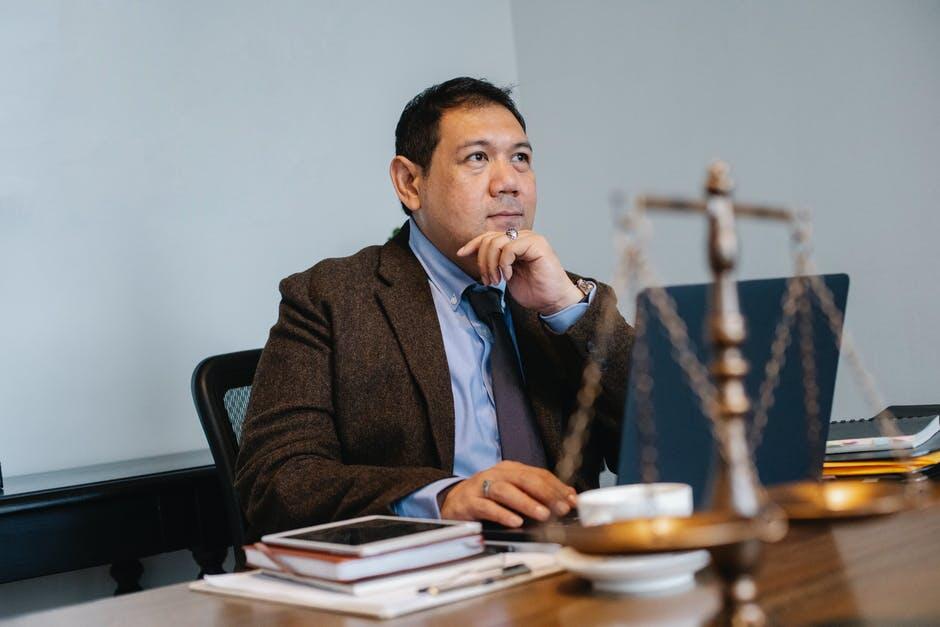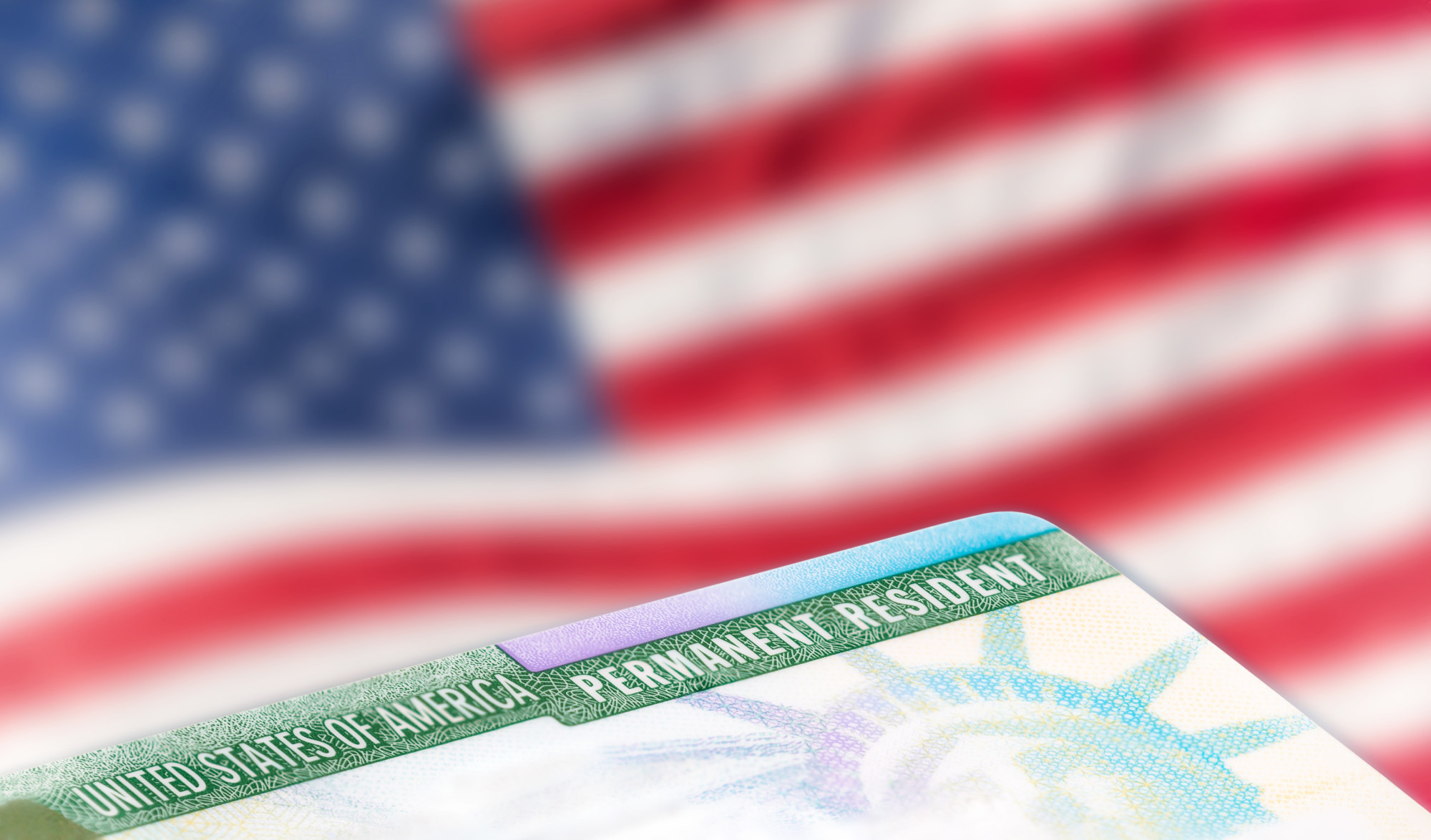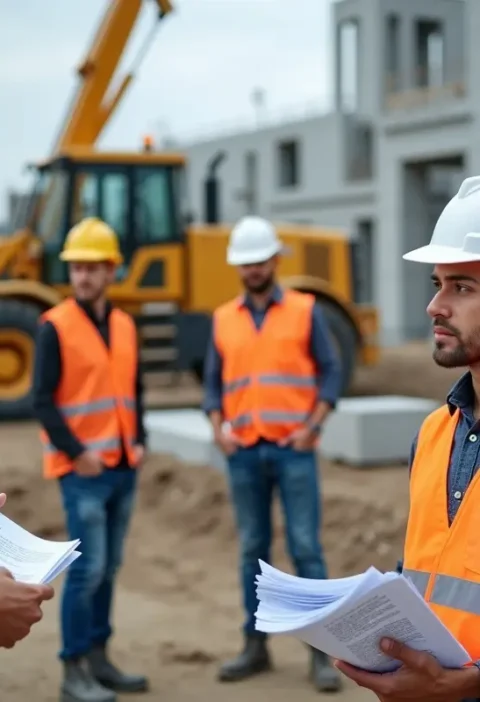Navigating through the aftermath of motorcycle accident claims can be immensely challenging. This is when there’s a need to understand the labyrinth of legal processes involved in filing a lawsuit. It’s crucial to be armed with knowledge about these steps. This will ensure you can secure fair compensation for damages and injuries sustained.
This post outlines the fundamental legal processes for motorcycle accident lawsuits. It demystifies what can often appear as a daunting endeavor. Let’s dive in!
Initial Consultation with an Attorney
The first step following a motorcycle accident should be to consult with a personal injury attorney who specializes in motorcycle accidents. This initial meeting is usually free of charge and provides an opportunity to discuss the specifics of the case, understand the feasibility of the lawsuit, and learn about the legal steps involved.
The attorney will also assess the extent of damages and injuries, as well as any potential legal recourse that may arise.
Case Investigation and Evidence Collection
Your attorney will then proceed to thoroughly investigate your case. This involves gathering all pertinent evidence. This includes:
- accident reports
- medical records
- witness statements
- any available video footage
This step is vital for building a strong foundation for your case. The attorney will also consult with experts in accident reconstruction and medical fields. This is to gather additional information and support your claim.
Filing the Lawsuit
Once there’s sufficient evidence, your attorney will officially file a lawsuit on your behalf. This legal document is known as the complaint. This details the:
- circumstances of the accident
- the injuries and damages incurred
- the legal basis for holding the defendant liable
It is then served to the defendant, who will have a specific time frame to respond. During this phase, your attorney may also engage in settlement negotiations with the defendant’s insurance company. If a fair settlement cannot be reached, your attorney will be prepared to take the case to trial.
Discovery Phase
After the lawsuit is filed, the case enters the discovery phase. During this time, both parties exchange information and evidence related to the case. Discovery tools include:
- interrogatories (written questions)
- depositions (oral questioning)
- requests for documents
This phase is critical as it allows both sides to gather all necessary information and build their case. Your attorney will work closely with you to prepare for any depositions or requests for documents.
Settlement Negotiations
Often, motorcycle accident cases are settled out of court. Your lawyer will negotiate with the defendant’s insurance company, aiming to reach a settlement that covers your medical expenses, lost wages, and other damages. Settlement negotiations can happen at any stage of the process. If an agreement is reached, the case will not go to trial.
If a settlement cannot be reached, your lawyer may recommend taking the case to court. This decision will ultimately be up to you and should be carefully considered with your attorney’s guidance.
Mediation and Alternative Dispute Resolution
If negotiations stall, both parties might opt for mediation or another form of alternative dispute resolution. This involves a neutral third party who helps facilitate a mutually agreeable settlement. Mediation can be a more cost-effective and less time-consuming option compared to going to trial.
However, if mediation does not result in a successful settlement, the case will move forward to court. In this scenario, your lawyer will prepare for trial by gathering evidence, interviewing witnesses, and developing a strong legal strategy.
Trial Preparation
If a settlement is unattainable, the case moves towards trial. Pre-trial preparations involve finalizing evidence, creating exhibits, and rehearsing witness testimonies. Your lawyer will also file any necessary motions, such as a motion to dismiss or a motion for summary judgment.
During the trial, your lawyer will present opening statements and make arguments on your behalf. They will also cross-examine witnesses and present evidence to support your case. The opposing party’s lawyer will do the same, and ultimately, it will be up to a judge or jury to determine the outcome of the case.
Trial
The trial presents a stage where both parties present their case before a judge or jury, who will then render a verdict. Trials can last from a day to several weeks, depending on the case’s complexity. Your lawyer will prepare you for your testimony and guide you through the process.
They will also handle any objections from the opposing party’s lawyer and present closing arguments to summarize your case. During the trial, evidence such as documents, photographs, and expert testimonies will be presented to support your claims.
It is crucial to have a skilled lawyer who can effectively present this evidence and refute any evidence presented by the opposing side. Witnesses may also be called to testify on behalf of either party. Your lawyer will work with these witnesses beforehand to ensure their testimonies are consistent with your case’s narrative.
After all evidence has been presented, both lawyers will make their final arguments before the judge or jury deliberates on a verdict. The decision made in court is legally
Verdict and Judgment
After considering all evidence and testimonies, the judge or jury will issue a verdict. If you win the case, the judgment will specify the amount of compensation the defendant must pay. If you lose, the judgment will indicate any penalties or fines that must be paid.
Make sure to explore New York motorcycle accident lawyer the possibility of an appeal if you are not satisfied with the verdict. Appeals can be made by either party to a higher court, where new evidence or legal arguments can be presented for review.
Appeals Process
Understanding these steps can empower motorcycle accident victims, providing clarity and setting realistic expectations for the road ahead. Remember, having a skilled attorney by your side is paramount, as they can guide you through each phase, advocate on your behalf, and strive to achieve the best possible outcome for your case.
Understand the Legal Process for Motorcycle Accident Lawsuits Today
In conclusion, navigating the legal process for motorcycle accident lawsuits can be complex and overwhelming. It is important to have a clear understanding of the steps involved and to seek guidance from a knowledgeable attorney.
With this information, you can make informed decisions about your case and work towards obtaining the compensation you deserve. Remember, time is crucial in these cases so do not hesitate to take action and protect your rights as a victim.
Did you find this article helpful? Check out the rest of our blogs!







